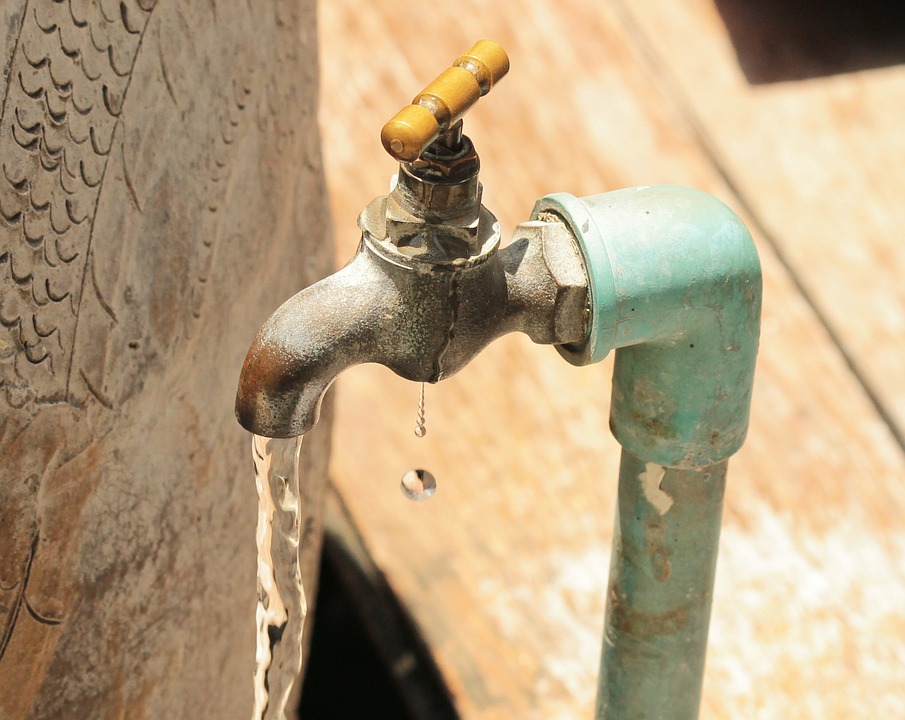Why are several landlords getting – or on the verge of getting – repossessed? This is becoming a common occurrence these days. Though, of course, only specific kinds of Landlords can be considered struggling.
The following are the types of landlords that are getting repossessed:
Landlords releasing equity
One of the most common reasons as to why a Landlord is getting repossessed is because they like to release equity. These are the kinds of Landlords that had the stupidity to acquire properties without realising that they do not have the means of obtaining their desired properties. In the end, the solution they have found is releasing equity from a property so that they can fund another property. It could be a smart move, if not for the fact that there are three potential outcomes in the property investment scheme – these are the booming market, the bustling market and the stagnating market. Values of properties drop significantly when there are drops in the market. So, what happens here? Properties become in debts that are higher than their value. The eventual result for the owner – repossession.
Landlords with bad mortgages
Another common reason why Landlords get repossessed is if they took bad mortgages. Some people are not really acquiring properties because they want to invest; most simply wanted to take some action with the ease of finding a lender. Again, this idea turns into a nightmare when the market busts. Properties owners will have to chance to resell, pay the mortgage and remortgage. So, they get repossessed.
Landlords who do not understand the difference between Variable and Fixed Rates
Understanding mortgages are the secret of successful Landlords. A Landlord who takes a huge loan but does not understand the fundamentals is one that would surely fail. If you want to be among those landlords that can manage to survive even during the times when property prices have significantly dropped, then you need to understand that there is a difference between variable and fixed rates. If you fail to understand that if you got thrown into the variable rates after coming off the fixed rate, you are going to be in deep trouble. This could result in repossession.
Landlords who are short-sighted
Short-sightedness has no room for the property industry. Grabbing and running should not be an option if you want to invest in properties. It does not really matter if you know if you are buying at the start, middle or the end of the market boom, in the long run, long-term investment is always the winning option. If you invest in the short-term and then got caught up with the boom, then you would be surely get trapped in the long-term scheme that you are not prepared for. So, what happens? You get repossessed.
Basically, it is that type of Landlord who does not think beyond the present who gets repossessed. This is the type of Landlord who was only thinking of a fast return on their investment. This is the Landlord who fails to investigate and educate himself about the whole property buying schemes.




